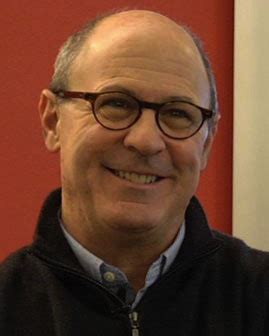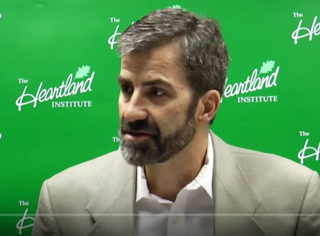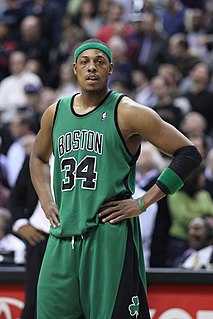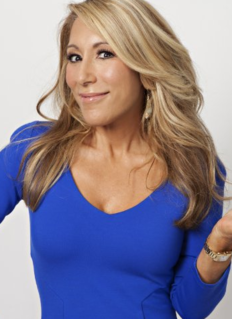A Quote by Robert Kenner
The scientists who are working 80 hours a week trying to do their science are up against PR guys who know how to spin things and how to create doubt. Creating doubt around tobacco for fifty years when they absolutely knew it caused cancer, that was a real talent. But meanwhile, the scientists, they're not there to go on television. Their brains don't work like that.
Related Quotes
If you become too sceptical, you become scientists. If you become too childlike, you become religious. Science exists with doubt. Religion exists with wonder. If you want to be religious then create more wonder, discover more wonder. Allow your eyes to be more filled with wonder than anything else. Be surprised by everything that is happening. Everything is so tremendously wonderful that it is simply unbelievable how you go on living without dancing, how you go on living without becoming ecstatic. You must not be seeing what is happening all around.
I don't think any administration, when they come in, thinks that their job is to tell the scientists what the science looks like or to be quiet about the science. Scientists need to remain true and not allow science to be politicized. Scientists are not politicians, and no politician should consider themselves to be a scientist.
Science will always raise philosophical questions like, is any scientific theory or model correct? How do we know? Are unobserved things real? etc. and it seems to me of great importance that these questions are not just left to scientists, but that there are thinkers who make it their business to think as clearly and slowly about these questions as it is possible to. Great scientists do not always make the best philosophers.
Science is a way to teach how something gets to be known, what is not known, to what extent things are known (for nothing is known absolutely), how to handle doubt and uncertainty, what the rules of evidence are, how to think about things so that judgments can be made, how to distinguish truth from fraud, and from show.
How could two teams of scientists come to such obviously contradictory conclusions on seemingly every point that matters in the debate over global warming? There are many reasons why scientists disagree, the subject, by the way, of an excellent book a couple years ago titled Wrong by David H. Freedman. A big reason is IPCC is producing what academics call "post-normal science" while NIPCC is producing old-fashioned "real science.
We scientists can argue forever about important topics like slightly different flavors of vanilla ice cream. Consider the silliness of this debate: one group of scientists found a 90% decline of big fish and criticized fishery management. Some other scientists found an 80% decline and started a big argument with the 90% people. Who cares if it's 80% or 90%? The real question is whether it's OK to let fishermen take most of the big fish out of our oceans.
Im just trying to be positive. I like the guys (Im) around. Even though were not at the record Id like to be, even after a loss, guys are mad, but then we have fun and you move on. They look up to me. Ive been around eight years. A lot of these guys were in junior high or high school when I came into the NBA. I see how much of an influence I am off the court. I try to be careful how I approach things on and off the court, because I know these guys are watching.
What if I told you insane was working fifty hours a week in some office for fifty years at the end of which they tell you to p*ss off; ending up in some retirement village hoping to die before suffering the indignity of trying to make it to the toilet on time? Wouldn't you consider that to be insane?
There are many different kinds of doubt. When we doubt the future, we call it worry. When doubt other people we call is suspicion. When we doubt ourselves we call it inferiority. When we doubt God we call it unbelief. When we doubt what we hear on television we call it intelligence! When we doubt everything we call it cynicism or skepticism.
Most people like to believe something is or is not true. Great scientists tolerate ambiguity very well. They believe the theory enough to go ahead; they doubt it enough to notice the errors and faults so they can step forward and create the new replacement theory. If you believe too much you'll never notice the flaws; if you doubt too much you won't get started. It requires a lovely balance.
I'm a skeptic. ...Global Warming it's become a new religion. You're not supposed to be against Global Warming. You have basically no choice. And I tell you how many scientists support that. But the number of scientists is not important. The only thing that's important is if the scientists are correct; that's the important part.






































